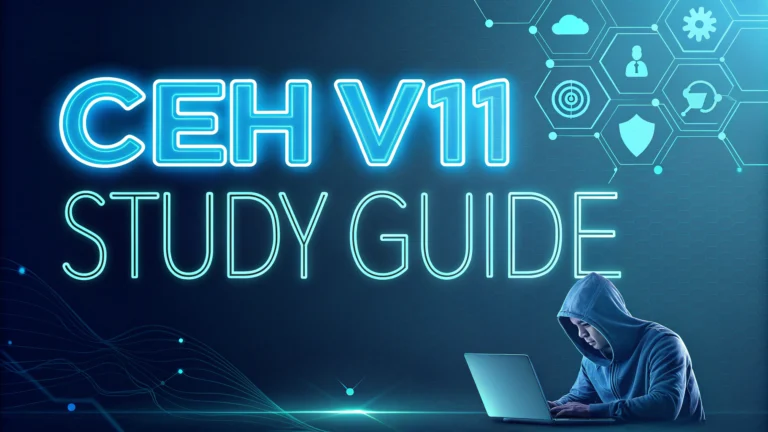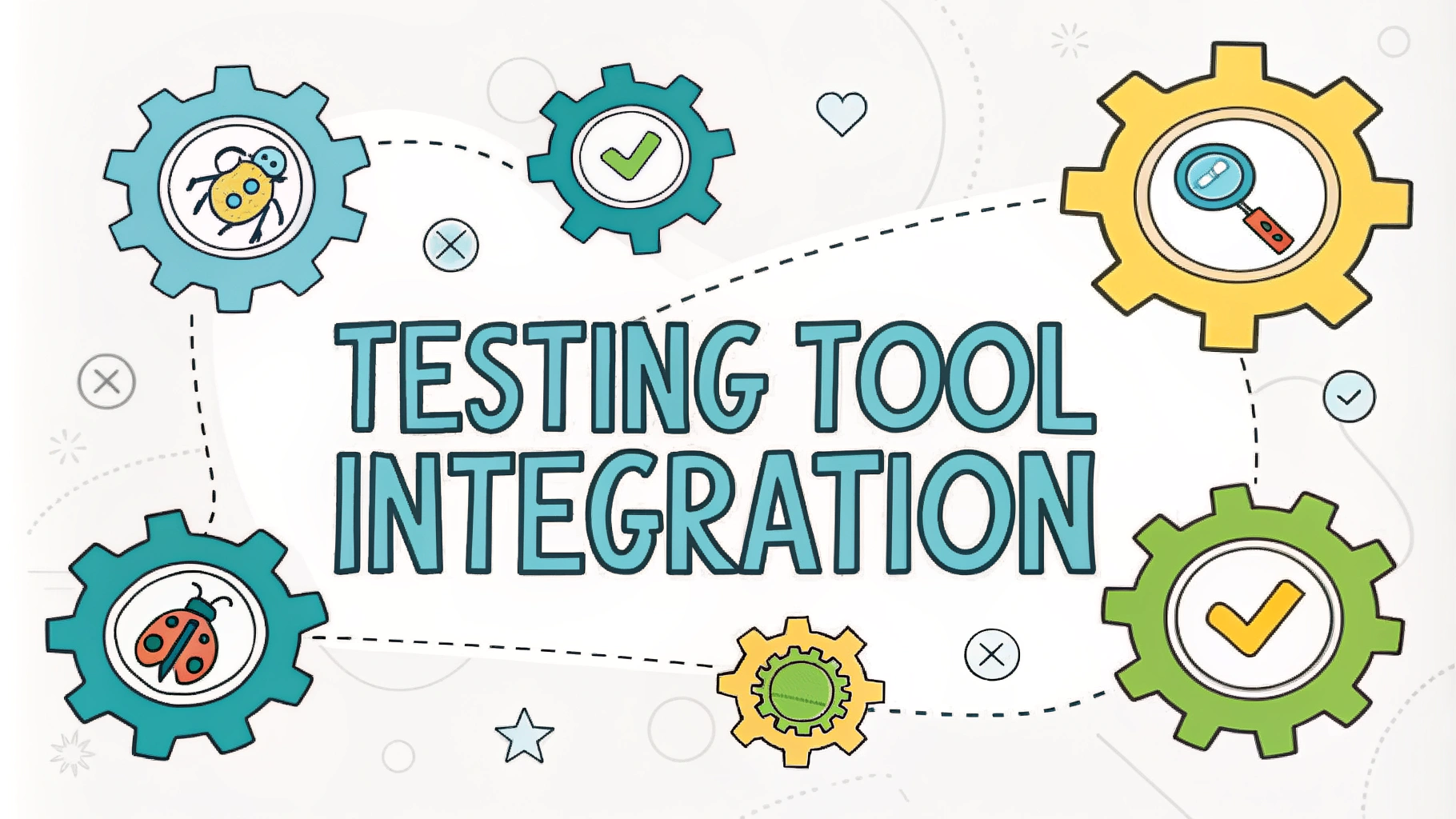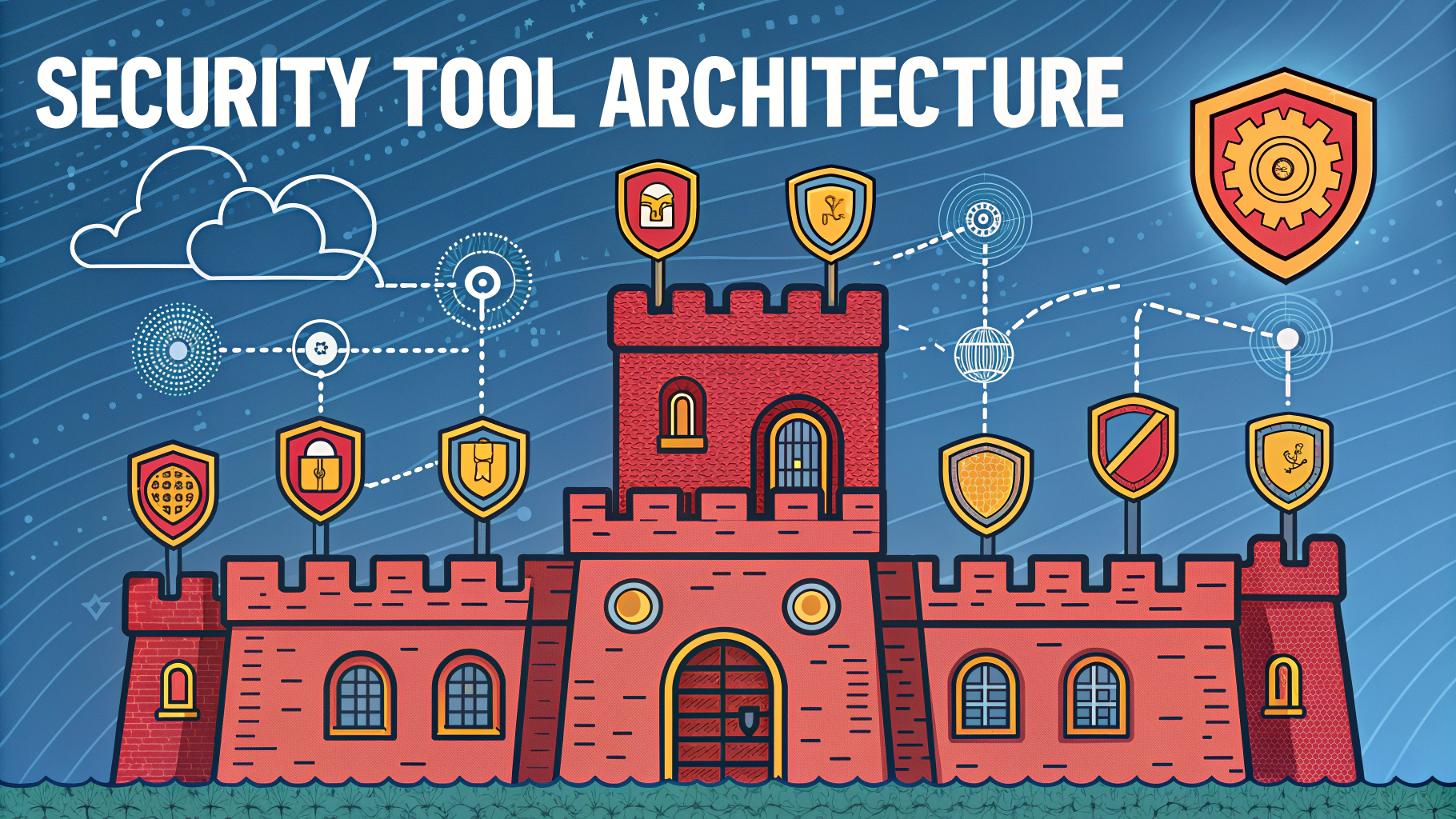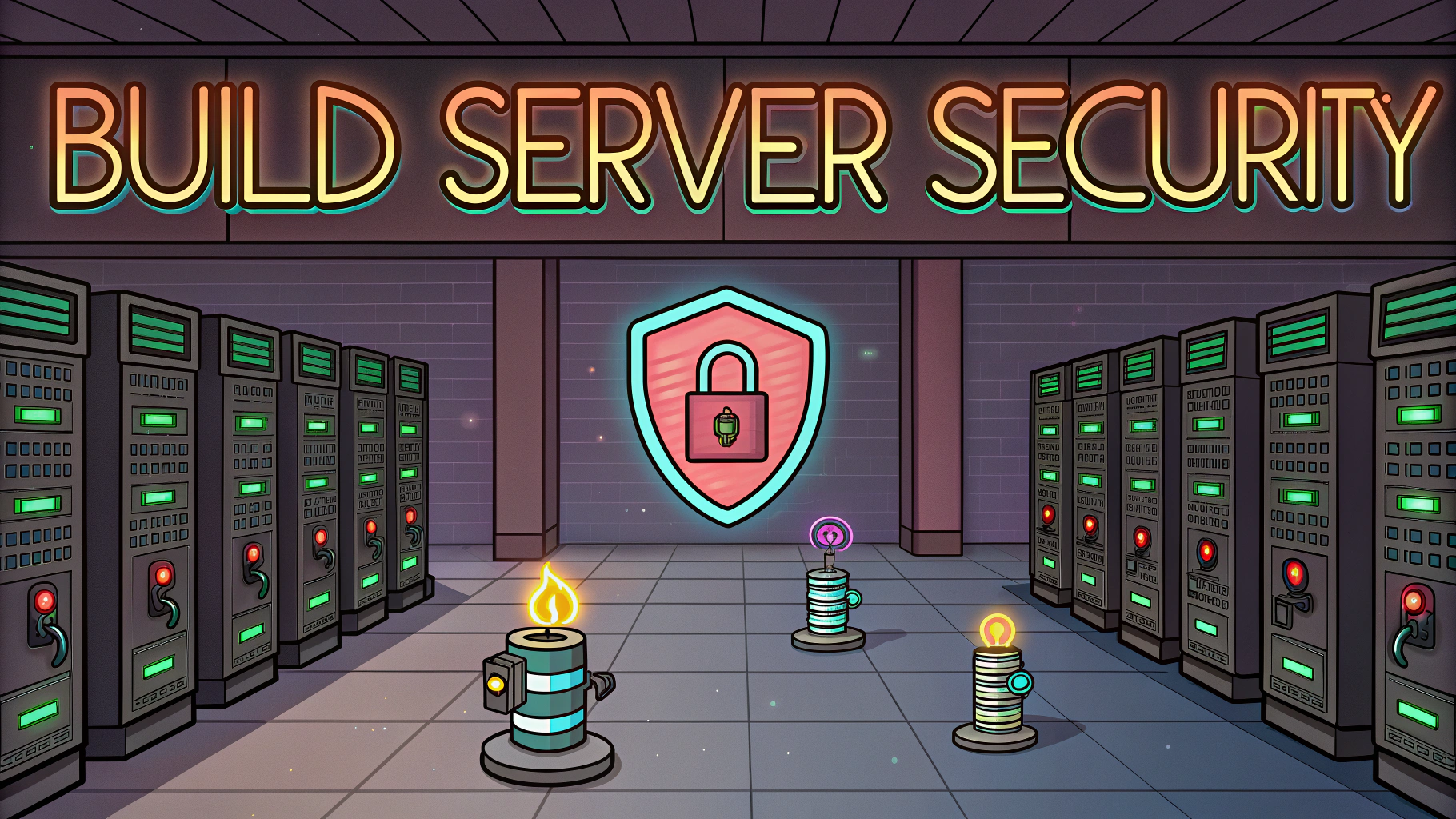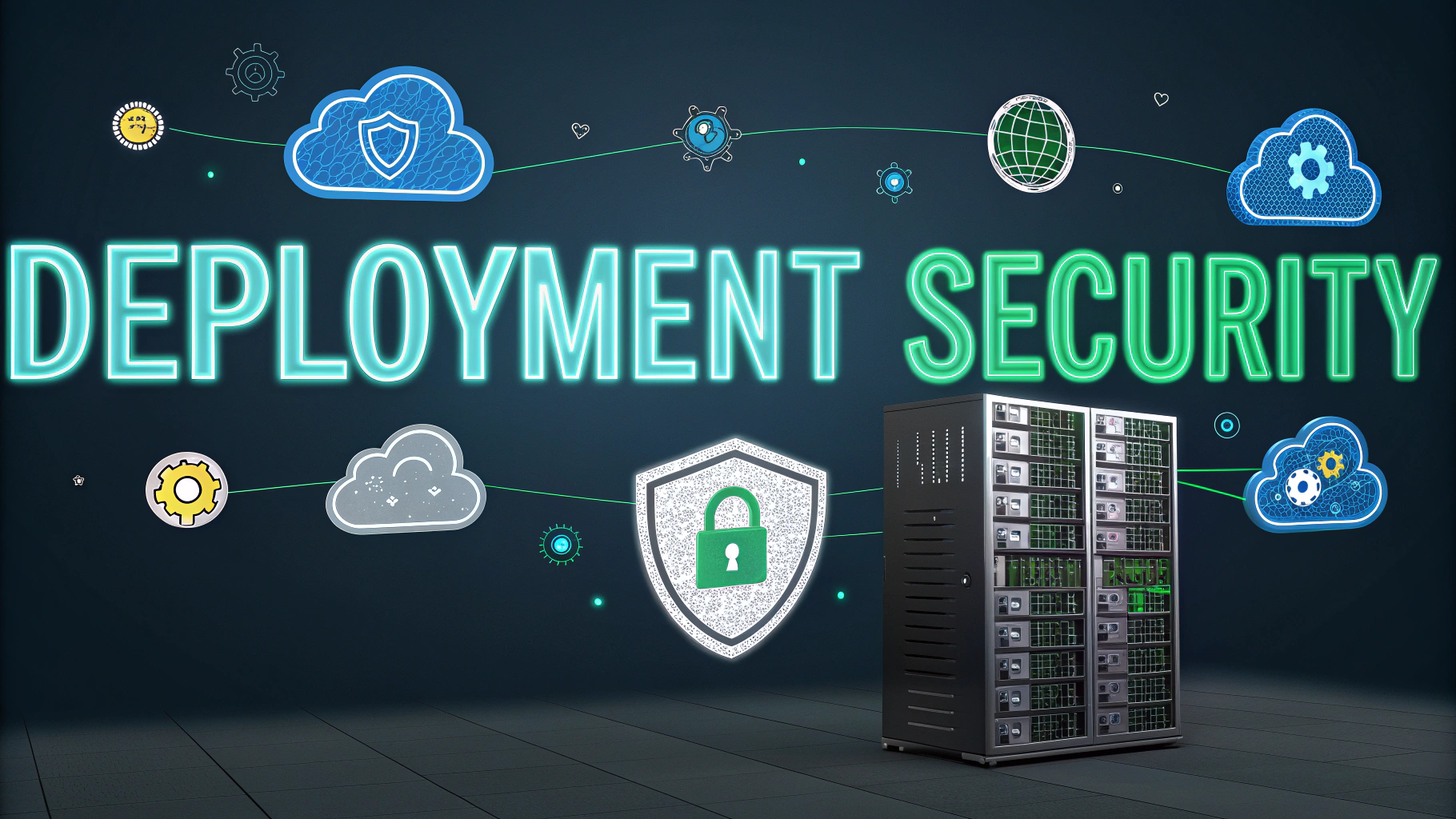The Certified Ethical Hacker (CEH) v11 certification represents a professional milestone for cybersecurity specialists and penetration testers.
This practical study guide breaks down the core components needed to pass the CEH v11 exam while building real-world penetration testing skills.
Whether you’re preparing for the certification or looking to expand your security testing knowledge, this guide covers the essential tools, techniques and methodologies.
Key Exam Topics
- Information Security and Ethical Hacking
- Footprinting and Reconnaissance
- Scanning Networks
- System Hacking
- Malware and Sniffing
- Social Engineering
- Denial of Service
- Session Hijacking
- Web Server Hacking
- SQL Injection
- Wireless Network Hacking
- Mobile Platform Attacks
- IoT and OT Hacking
- Cloud Computing
- Cryptography
Study Resources and Materials
The official EC-Council courseware serves as the primary study material for the CEH v11 exam.
- Official Resources:
- iLabs – Hands-on practice labs
- CEH v11 courseware modules
- Practice assessments
- Additional Materials:
- Nmap Network Scanning by Gordon Lyon
- Metasploit: The Penetration Tester’s Guide
- OWASP Testing Guide
Practical Skills Development
Set up a home lab environment using VirtualBox or VMware to practice penetration testing techniques safely.
- Recommended Lab Setup:
- Kali Linux VM
- Metasploitable 2
- Windows Server VM
- OWASP WebGoat
Exam Preparation Tips
- Focus on hands-on practice over memorization
- Complete all iLabs exercises
- Take practice tests to identify knowledge gaps
- Join study groups and forums
- Document your learning process
Career Opportunities
The CEH certification opens doors to various security roles.
- Common Job Titles:
- Penetration Tester
- Security Analyst
- Information Security Manager
- Security Consultant
Taking the Next Steps
Contact EC-Council (https://www.eccouncil.org/contact/) to register for the exam and access official study materials.
Join the EC-Council Community forums to connect with other certification candidates and certified professionals.
| Exam Detail | Specification |
|---|---|
| Duration | 4 hours |
| Questions | 125 multiple choice |
| Passing Score | 70% |
Practical Exam Strategies
- Time Management:
- Allocate 2 minutes per question maximum
- Flag difficult questions for review
- Complete easier questions first
- Leave 30 minutes for review
- Question Analysis:
- Read questions thoroughly
- Look for key technical terms
- Eliminate obviously wrong answers
- Trust your practical experience
Maintaining Your Certification
The CEH certification requires renewal every 3 years to stay current with evolving security threats.
- Renewal Requirements:
- 120 EC-Council Continuing Education credits
- Annual membership fees
- Documented security training or conferences
- Professional contributions to the field
Building Your Security Arsenal
Beyond certification, focus on developing a comprehensive security skill set.
- Core Competencies:
- Network architecture understanding
- Programming fundamentals
- Operating system internals
- Security tool proficiency
- Report writing skills
- Continuous Learning:
- Follow security blogs and news
- Participate in CTF competitions
- Contribute to open-source projects
- Network with industry professionals
Advancing Your Security Journey
The CEH certification represents a starting point in your cybersecurity career. Continue expanding your expertise through practical experience, additional certifications, and active participation in the security community.
- Join professional organizations
- Attend security conferences
- Mentor emerging security professionals
- Stay updated with threat landscapes
- Build a professional network
FAQs
- What is CEH v11 and how does it differ from previous versions?
CEH v11 (Certified Ethical Hacker Version 11) is the latest certification from EC-Council that focuses on advanced penetration testing methodologies, emerging attack vectors, and modern exploit techniques. It includes new modules on Cloud Computing, IoT, and OT attacks that weren’t present in earlier versions. - What are the prerequisites for taking the CEH v11 exam?
Candidates must have either two years of information security related experience and complete an official training, or have five years of information security related experience and submit an eligibility application to EC-Council. - How many questions are on the CEH v11 exam and what is the passing score?
The exam consists of 125 multiple-choice questions that must be completed in 4 hours. The passing score is 70%, meaning candidates must correctly answer at least 88 questions. - What are the key tools covered in CEH v11?
CEH v11 covers tools like Nmap, Wireshark, Metasploit, Burp Suite, Nessus, Acunetix, and various other penetration testing and vulnerability assessment tools used in ethical hacking. - How does CEH v11 address cloud security testing?
CEH v11 includes comprehensive coverage of cloud computing security, including testing methodologies for AWS, Azure, and Google Cloud platforms, container security, and cloud-specific vulnerabilities and attack vectors. - What types of practical exercises are included in CEH v11?
The certification includes iLabs with over 220 attack scenarios and hands-on exercises covering areas like network scanning, system hacking, web application hacking, malware analysis, and social engineering. - How does CEH v11 cover mobile platform security?
CEH v11 addresses mobile platform security through modules on Android and iOS security testing, mobile malware analysis, mobile device management bypass techniques, and mobile application vulnerability assessment. - What is the difference between CEH Practical and CEH v11?
CEH v11 is the knowledge-based exam with multiple-choice questions, while CEH Practical is a separate 6-hour hands-on exam where candidates must demonstrate their hacking skills in a live network environment. - How does CEH v11 address emerging threats like IoT security?
CEH v11 includes modules on IoT hacking methodology, firmware analysis, radio frequency hacking, and IoT device vulnerability assessment, reflecting the growing importance of IoT security in modern networks. - What cryptography concepts are covered in CEH v11?
The certification covers encryption algorithms, cryptanalysis, public key infrastructure (PKI), blockchain technology, and cryptocurrency security concepts.
